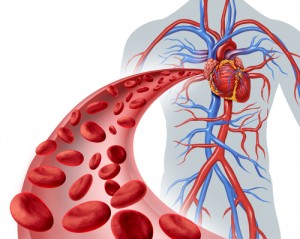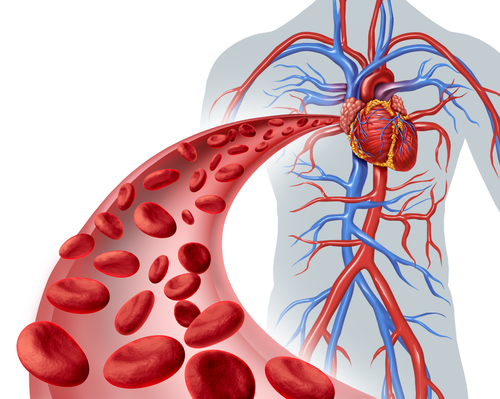There are a lot of people who are worried about having heart problems. But thanks to a professional cardiologist Sydney, some can rest easy that they can get consultations if they suspect that they could already be at the risk of suffering from these diseases. And with a certain field of specialization, they may be able to help weed out more serious problems too.
It’s possible that a Sydney cardiologist has undergone additional training in electrophysiology. What is this exactly and do you really need their services?
 An electrophysiologist cardiologist is a professional that checks the timing of the beating of the heart or its electrical activity. This person can help determine if the person is suffering from irregular heartbeats, a condition also called arrhythmia. This person conducts tests like electrophysiology study or an ablation. Aside from these tests, they can also make implants of pacemaker or defibrillator. A defibrillator can be likened to a pacemaker but with the added feature of having the ability to shock the heart if the person needs it.
An electrophysiologist cardiologist is a professional that checks the timing of the beating of the heart or its electrical activity. This person can help determine if the person is suffering from irregular heartbeats, a condition also called arrhythmia. This person conducts tests like electrophysiology study or an ablation. Aside from these tests, they can also make implants of pacemaker or defibrillator. A defibrillator can be likened to a pacemaker but with the added feature of having the ability to shock the heart if the person needs it.
Contrary to common belief, an electrophysiologist is not always a cardiologist; some come from other disciplines but it is true that most of them have taken up cardiology practice.
Why You May Be in Need of Their Services
Normal hearts have upper chamber and lower chambers that work together where these alternate in relaxing or contracting to help pump the blood in the body. However, there are some people whose heartbeats are off — this could either be too fat or too slow. For these patients, medical intervention is already needed, ideally by a cardiologist Sydney who has undergone training in electrophysiology.
Those who are already suffering from arrhythmia due to a heart attack may also be in need of their services. Similarly, those who are recovering or have the following conditions may also need to consult with a cardiologist Sydney with electrophysiology training —coronary artery disease, heart surgery, sodium or potassium imbalance, valve disorders, and stress. This specialist may need to conduct some tests to confirm the presence of arrhythmia, and then will make recommendations on how this condition can be treated.
For those of you who are wondering if you too may be in need of one, then you should know the telltale signs of an arrhythmia. If you experience the following symptoms, consult a cardiologist right away — racing heartbeat, fluttering in the chest, fainting, slow heartbeat, dizziness, sweating, shortness of breath, irregular heartbeats manage their condition, and we work as a team to provide the best care possible.” With the help of these professionals, it is possible for you to prevent further complications.
Prevent sickness of the heart and get checked. Consult https://seangomes.com.au/.
